In the wake of increasing drone usage by law enforcement for monitoring public gatherings, the American Civil Liberties Union (ACLU) has sounded the alarm, urging for stringent limitations on their use to protect citizens’ privacy and freedom of speech, reports State Scoop. Amidst a climate where technological advancements are rapidly transforming surveillance methods, the ACLU’s latest paper, “Curbs Needed on Police Drone Surveillance of Public Gatherings,” draws a line in the sand, spotlighting a growing concern over the balance between security and civil liberties.
The Heart of the Matter
The ACLU’s push for limits comes in response to new proposals that could potentially broaden the scope of drone operations beyond what is currently visible to operators, known as beyond visual-line-of-sight (BVLOS) flights. The New York City Police Department’s announcement last summer of its intention to use drones to monitor backyard parties has since sparked a larger discussion on privacy and surveillance, which has increased this concern.
Jay Stanley, a senior policy analyst with the ACLU’s Speech, Privacy and Technology Project, emphasizes the thin line between beneficial drone uses and invasive surveillance. While acknowledging the potential life-saving applications of drones, such as aiding swimmers in distress, Stanley warns against their use in constant aerial monitoring, which could lead to a societal feeling of perpetual watchfulness by law enforcement.
A Delicate Balance
The crux of the ACLU’s argument lies in the potential for drones to infringe upon the fundamental rights to privacy and free speech. The organization’s recommendations to law enforcement include limiting drone operations over public gatherings based on several criteria, such as the event’s size and its sensitivity to free speech, and restricting aerial video recording to specific instances requiring evidence collection.
Despite these concerns, many law enforcement agencies have already adopted drone patrol guide procedures, albeit with varying degrees of restriction. State actions have mostly focused on banning or restricting foreign-made drones, citing security concerns, rather than addressing the broader issues of privacy and surveillance.
Legislative Response and Community Concerns About Drones
Connecticut recently introduced Senate Bill 3, aiming to restrict the use of Chinese-made drones by law enforcement, joining a list of states with similar bans. This legislative move has faced criticism from first-responder groups, highlighting the complexities of balancing technological benefits against privacy concerns.
Stanley’s call to action underlines a broader societal debate: how to navigate the use of emerging technologies by law enforcement in a manner that respects the constitutional rights of citizens. He stresses the importance of not only considering the technological capabilities of drones but also their impact on the community’s sense of security and freedom.
Navigating the Future of Drone Surveillance
As drones become an increasingly common tool in the law enforcement arsenal, the discussion around their use represents a pivotal moment in the ongoing negotiation between security and civil liberties. The ACLU’s call for limits on drone surveillance is not just about drones; it’s a reminder of the need to vigilantly protect our rights in the face of advancing technology. As society treads this fine line, it’s clear that transparency, regulation, and community engagement will be key in ensuring that technological progress does not come at the expense of our fundamental freedoms.
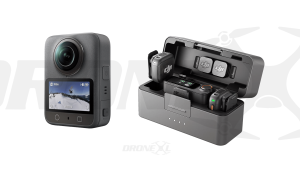
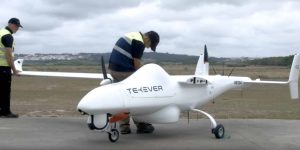
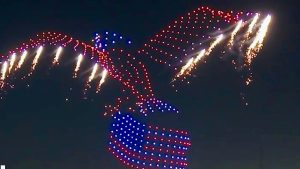

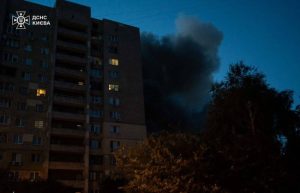



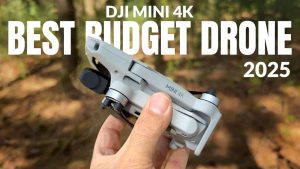
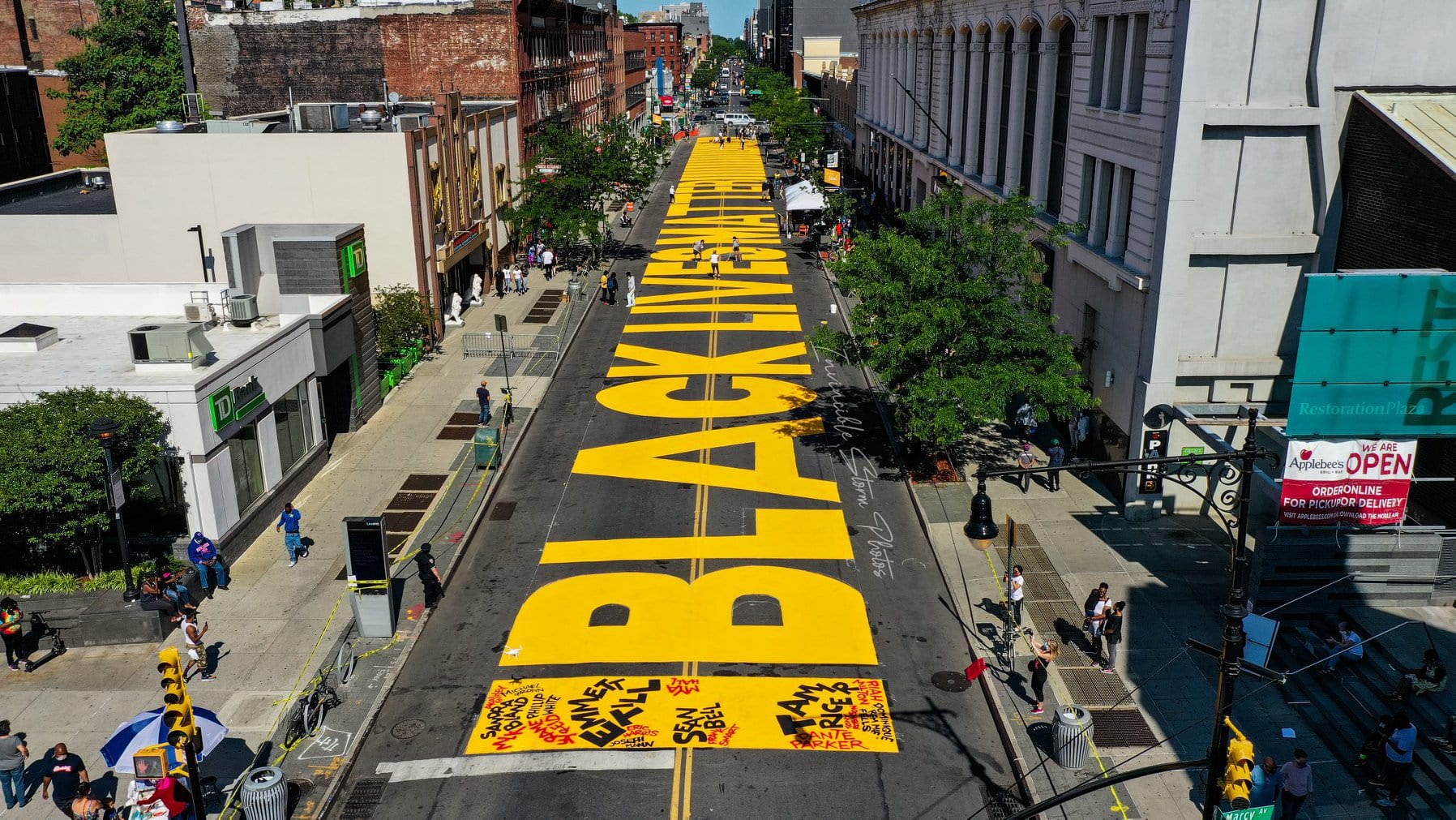

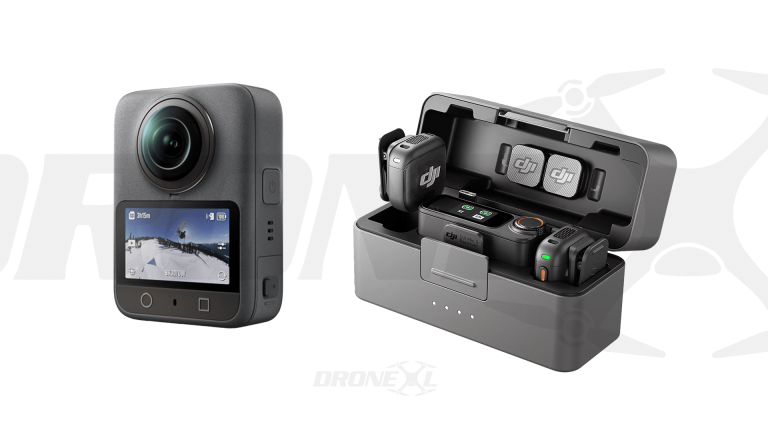

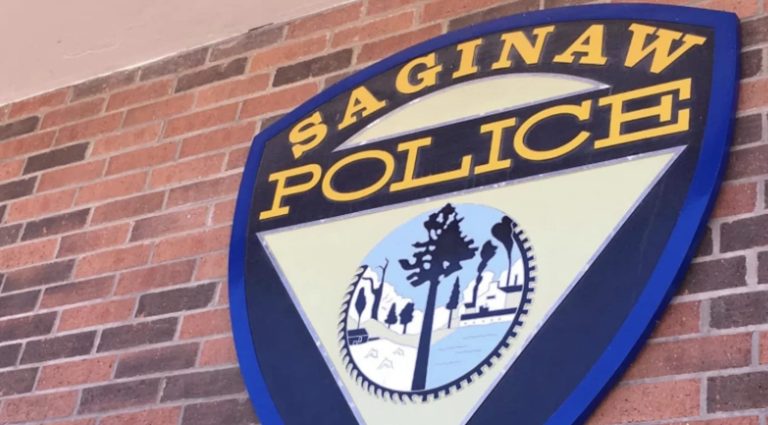
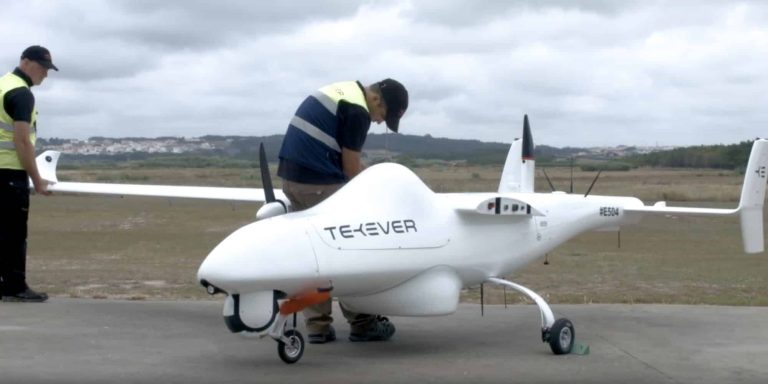
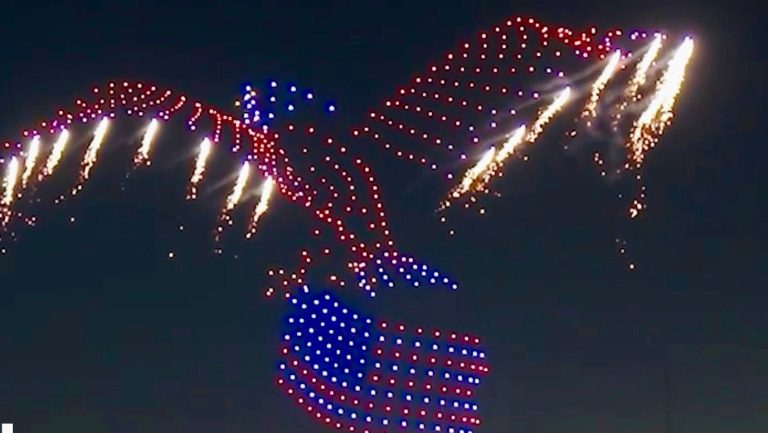
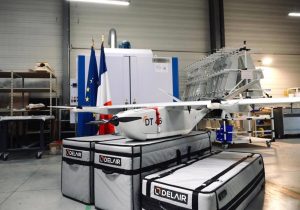
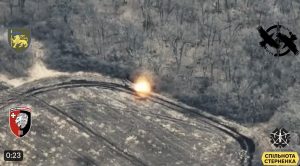
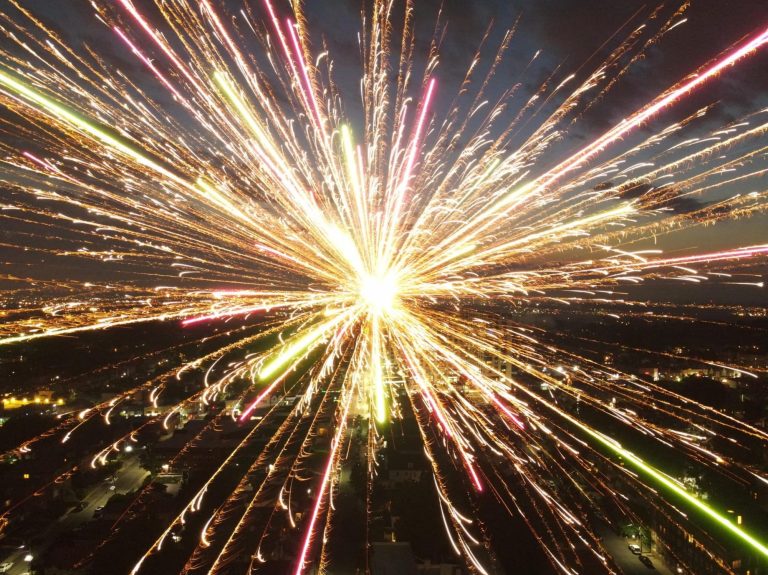
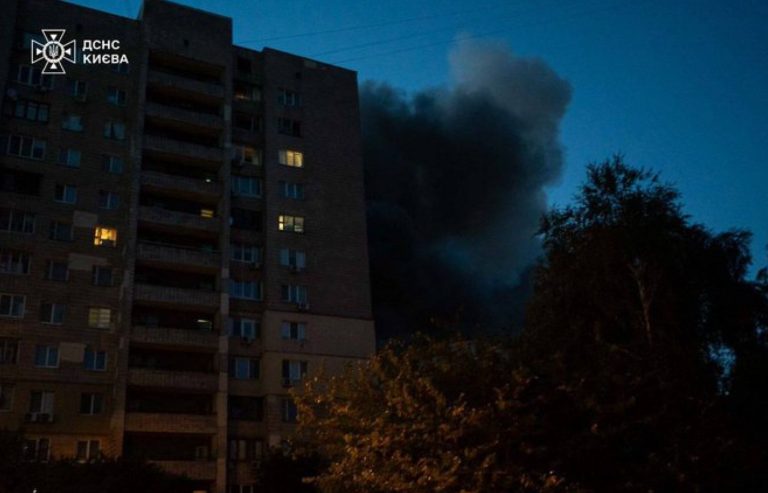

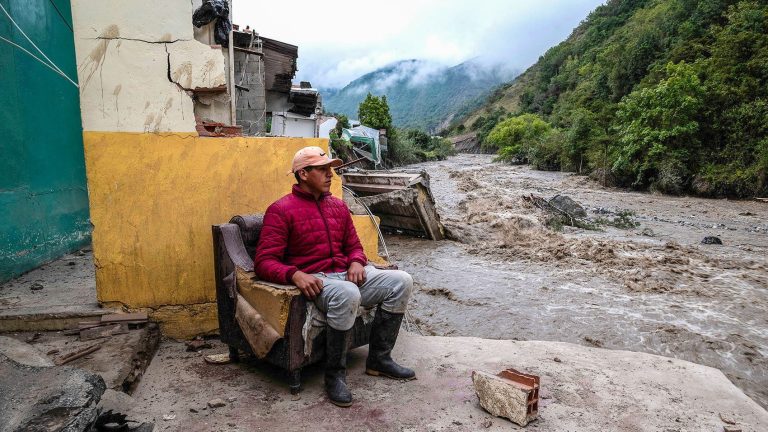
+ There are no comments
Add yours